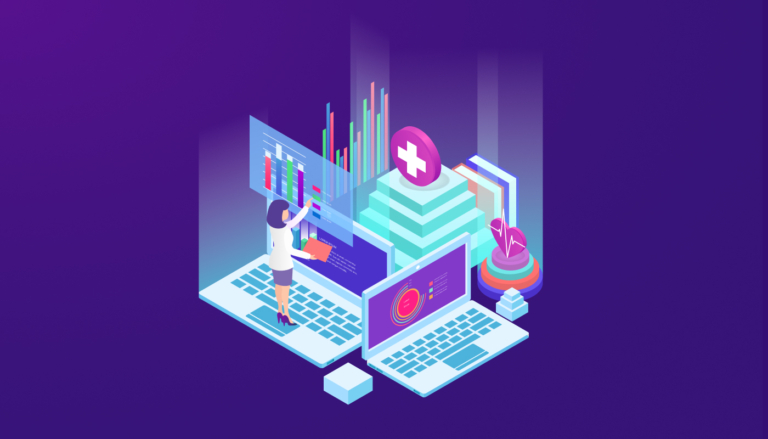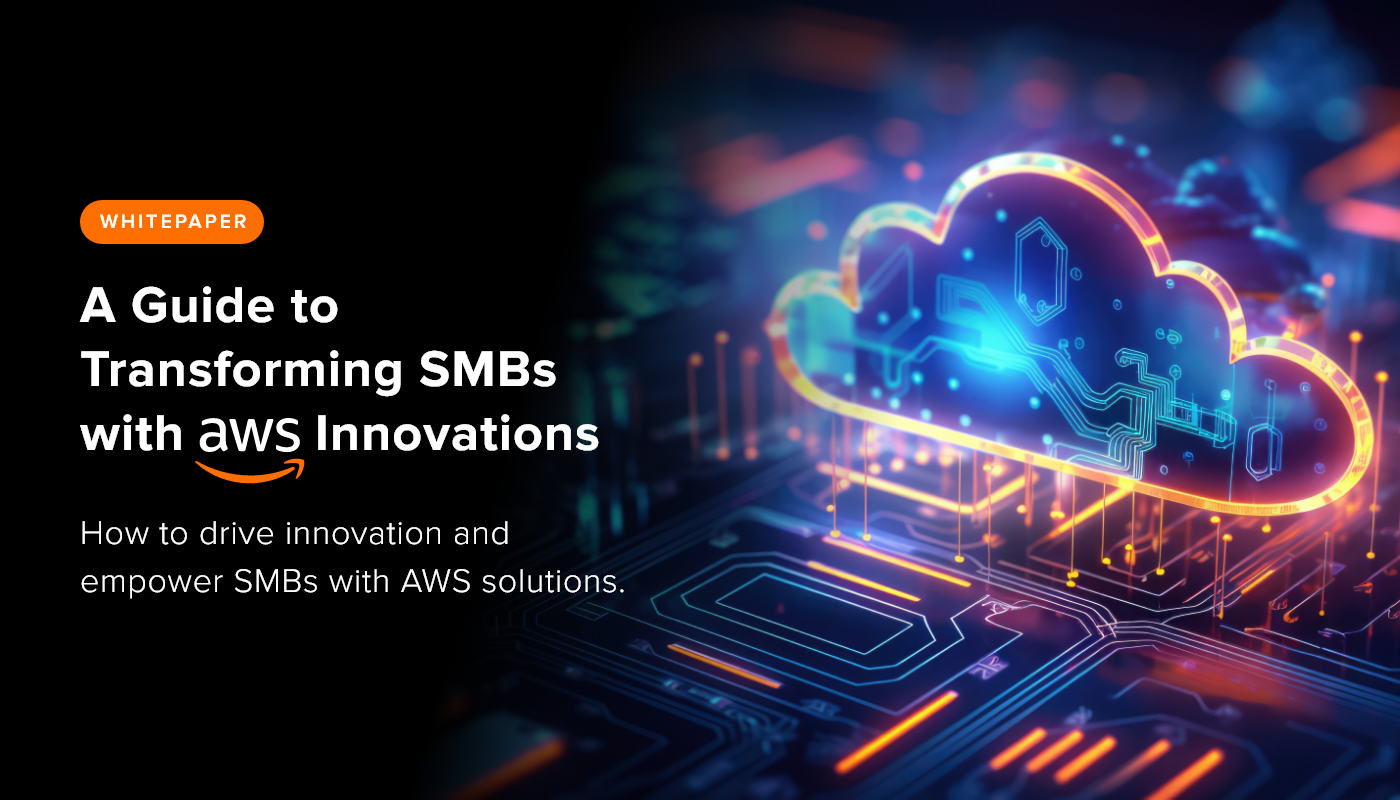A report by McKinsey & Company indicates that healthcare institutions using BI for personalized care plans experience a 30% increase in patient satisfaction. However, this is not the only reason contributing to the growing adoption of healthcare business intelligence. The role of business intelligence in healthcare has far outreaching impacts in terms of improving operational efficiency, reducing wastage, and averting risks through accurate predictions. BI tools are such an eye opener technology that contributes to the overall improvement of healthcare services that today it is being utilized to drive actionable insights integrating them with almost every patient and hospital management related applications.
How Healthcare Business Intelligence Creates a Smoother Patient Journey
Imagine a healthcare system that anticipates your needs, streamlines your experience, and empowers you to take control of your health. That’s the power of Healthcare Business Intelligence (BI) in action. BI goes beyond basic data collection to unlock valuable insights that are transforming patient care. Let’s explore some key ways BI is making a difference:
Individual Health Trends Analytics
Harnessing the potential of healthcare business intelligence (BI) is pivotal in revolutionizing patient services and experiences. By delving into individual health trends, healthcare providers can tailor personalized care plans, leading to improved outcomes and reduced costs. For instance, a recent study revealed that hospitals utilizing BI saw a 20% reduction in readmission rates, directly impacting patient satisfaction.
Population Health Management
Healthcare BI isn’t just about individuals; it’s about looking at the bigger picture. By analyzing data from entire patient groups, BI can identify risk factors for certain diseases. Imagine proactive outreach programs targeting patients at high risk for diabetes or heart disease. This allows for early intervention, potentially preventing serious health complications down the road. In fact, a renowned healthcare system reported a 30% decrease in emergency room visits after implementing population health initiatives driven by BI insights.
Clinical Trial Management
Clinical trials are vital for medical advancements, but they can be lengthy and cumbersome for participants. BI steps in by tracking and analyzing data from trials, ensuring efficiency and smoother participation. Imagine receiving clear communication about appointments and potential side effects, all thanks to data insights.
A recent study showed that patients participating in clinical trials with BI-driven communication reported a 20% increase in satisfaction. They felt more informed and involved in the research process.
Quality Reporting and Improvement
BI tools facilitates quality reporting and improvement, ensuring compliance with regulations while elevating patient care standards. By generating data-driven reports, healthcare providers can identify areas for enhancement and implement targeted interventions, resulting in tangible improvements in patient outcomes.
Facility Management
BI plays a pivotal role in facility management by analyzing data from IoT devices and management software. This enables healthcare facilities to maintain optimal safety, hygiene, and operational efficiency, thereby ensuring a conducive environment for patient healing and recovery.

Types of Healthcare Business Intelligence
Healthcare is constantly evolving, and data is at the forefront of these advancements. Business Intelligence (BI) leverages data analytics to provide valuable insights that are transforming patient care. Let’s explore four key types of healthcare BI and their impact:
Descriptive analytics: Understanding the Past
Ever wondered how a virus spreads or how age affects health? Descriptive analytics is like a detective, sifting through past data to uncover trends and patterns. Imagine visualizing the spread of a pandemic or understanding how demographics influence health outcomes. This knowledge helps healthcare professionals make informed decisions for the future.
Prescriptive analytics: Making Informed Decisions
Confused about the best treatment plan? Prescriptive analytics is your personal healthcare advisor! It analyzes your unique data (medical history, test results) and recommends the most effective course of action. Think of it as a personalized roadmap to recovery, providing crucial insights for doctors and improving patient outcomes.
Diagnostic analytics: Finding the Root Cause
Ever wondered why you got sick or why some healthcare services are underutilized? Diagnostic analytics is like a medical Sherlock Holmes! It delves deep into past events, identifying the root causes of health issues or unpopular services. Imagine pinpointing the cause of an illness or understanding why patients avoid certain treatments. This knowledge empowers healthcare providers to address problems directly, leading to better preventative care and improved service delivery.
Predictive analytics: Planning for the Future
Imagine knowing your future healthcare needs! Predictive analytics uses sophisticated algorithms to forecast health risks and plan accordingly. This could involve identifying patients at risk of developing chronic diseases or even suggesting the most suitable insurance plan based on your health profile. By anticipating future needs, healthcare professionals can take proactive steps, leading to better preventive care and a healthier you!
Types of Healthcare BI Integrations
Imagine a doctor treating a patient and having access to a wealth of information beyond what’s in their medical history. This is the power of healthcare BI integrations! By connecting various systems, BI unlocks a treasure trove of data that can revolutionize patient care. Let’s dive into some key integrations making waves:
EHR/EMR
Electronic Health Records (EHRs) and Electronic Medical Records (EMRs) are the workhorses of modern healthcare. They store a patient’s medical history, medications, allergies, and more. Integrating them with BI tools is like giving these systems a superpower. BI can analyze vast amounts of EHR/EMR data, helping doctors identify trends, predict potential health risks, and personalize treatment plans.
Here’s a real-world example: A hospital with a high rate of hospital-acquired infections used BI to analyze EHR data. This helped them identify patients most susceptible and implement targeted preventative measures, leading to a significant reduction in infections.
Healthcare CRM
Healthcare CRMs aren’t just for scheduling appointments. They also store valuable patient data like demographics, contact information, and communication history. Integrating BI with your CRM unlocks a goldmine of insights. Imagine understanding patient preferences, identifying potential gaps in care, and even targeting preventative outreach programs to the right individuals.
For instance, a clinic used BI to analyze their CRM data and discovered a large number of patients hadn’t received their recommended flu shots. They used this information to launch targeted email campaigns and reminder calls, significantly increasing vaccination rates.
Healthcare Ecommerce And Pharmacy Management Software
Healthcare isn’t confined to hospitals and clinics. Today, patients can order prescriptions online and manage medications through pharmacy management software. Integrating these systems with BI provides a holistic view of a patient’s health. Imagine analyzing purchasing patterns to identify potential medication adherence issues or using pharmacy data to track the effectiveness of specific drug combinations.
A leading pharmacy chain used BI to analyze medication purchase data and identify a surge in a particular antibiotic. They partnered with health officials and discovered an emerging antibiotic-resistant strain. This early detection helped prevent a potentially widespread outbreak.
Healthcare image analysis software
Medical images like X-rays, CT scans, and MRIs provide a wealth of information. However, extracting meaningful data from these images requires specialized software. Integrating BI with such software unlocks a new level of analysis. Imagine automatically identifying abnormalities in scans, leading to faster diagnoses and improved treatment outcomes.
A cancer research center used BI integrated with image analysis software to develop a more accurate algorithm for detecting breast cancer in mammograms. This advancement has the potential to save countless lives through earlier and more effective treatment.
Medical Devices And Wearable Tech
Medical devices and wearable technology are revolutionizing healthcare by collecting real-time patient data. Imagine a diabetic patient’s glucose monitor feeding data directly into a BI system, allowing doctors to monitor their condition remotely and adjust treatment plans as needed. This is the future of personalized and proactive healthcare.
A recent study showed that patients with chronic heart conditions who used wearable devices integrated with BI platforms experienced a significant reduction in hospital readmissions. The real-time data allowed doctors to intervene early in case of potential complications.
Conclusion
For healthcare services aiming to transform patient experiences, data analytics is a crucial driver. Now more than ever, it is crucial to model your patient care workflow backed by business intelligence. Enabling healthcare business to learn, predict, and innovate their treatment strategy is imperative for excellent patient satisfaction. Healthcare business intelligence is doing exactly that by putting patients at the center of their care strategy.





